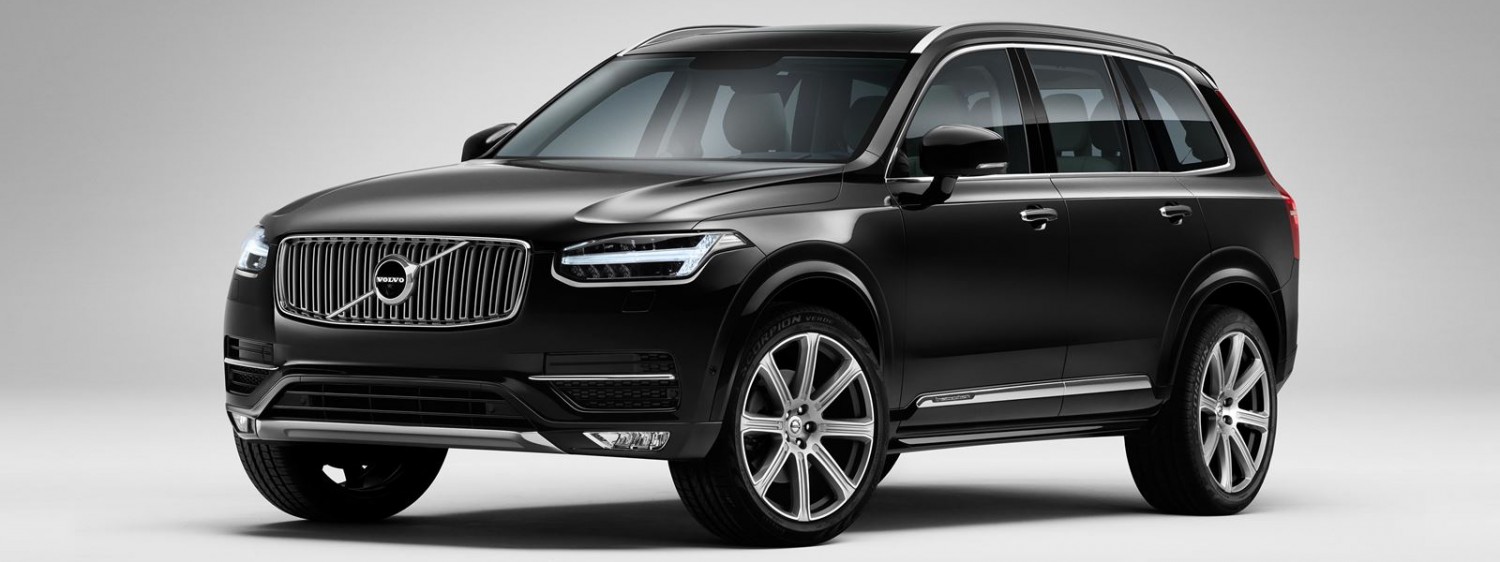
Last Wednesday Google registered ClimateSaverPC.com and .org. And, since then, rumor and speculation have been somewhat rampant. I decided to wait it out, and am now, after some extra news has come in, letting you all know what I think is going on.
First, we all know that Google owns hundreds of thousands of computers. These, of course, are mostly servers, not PCs. And Google has worked very hard to ensure that these servers are extremely energy efficient in order to decrease their costs.
Second, Urs Hoelzle, Google’s Senior VP of Operations has recently been working on the issue of PC power supply inefficiency. The reality is that this is a huge problem. PCs power supplies are extremely inefficient, and there really is no good reason for this. Check out our stories on the 80 Plus initiative for more on that.
Third, Urs Hoelzle actually, himself, registered ClimateSaverPC.us. Linking Google’s buy directly to Urs.
Fourth, Urs told Nic Carr at Rough Type that they weren’t thinking of building their own PC, had never thought of building their own PC, and were likely never going to build a Google PC. Urs referred to the purchase of ClimateSaverPC as a "personal matter."
Fifth, other search engines (Snap and Yahoo) have been working on ways to engage their users in the climate crisis. Yahoo by allowing people to pledge to decrease their carbon footprint. Snap by offering their users a tiny application that greatly decrease the power consumption of their PCs.
SO! What do we know? Well…not very much.
But we can speculate that Google would like to get in on the climate change PR game. And, as Urs is linked to this whole thing, it’s possible that Google is working on a new power supply standard that will allow for a large increase in PC efficiency.
While I doubt that Google is going to be starting up a power supply manufacturing plant, I wouldn’t be surprised if they created a PR campaign that would outline steps for folks to make sure that their machines are as efficient as they can be. And / Or possibly to encourage component makers to adopt a new power supply standard.
All I can say is, it seems like the sort of thing they’d do.
Via ZDNet
